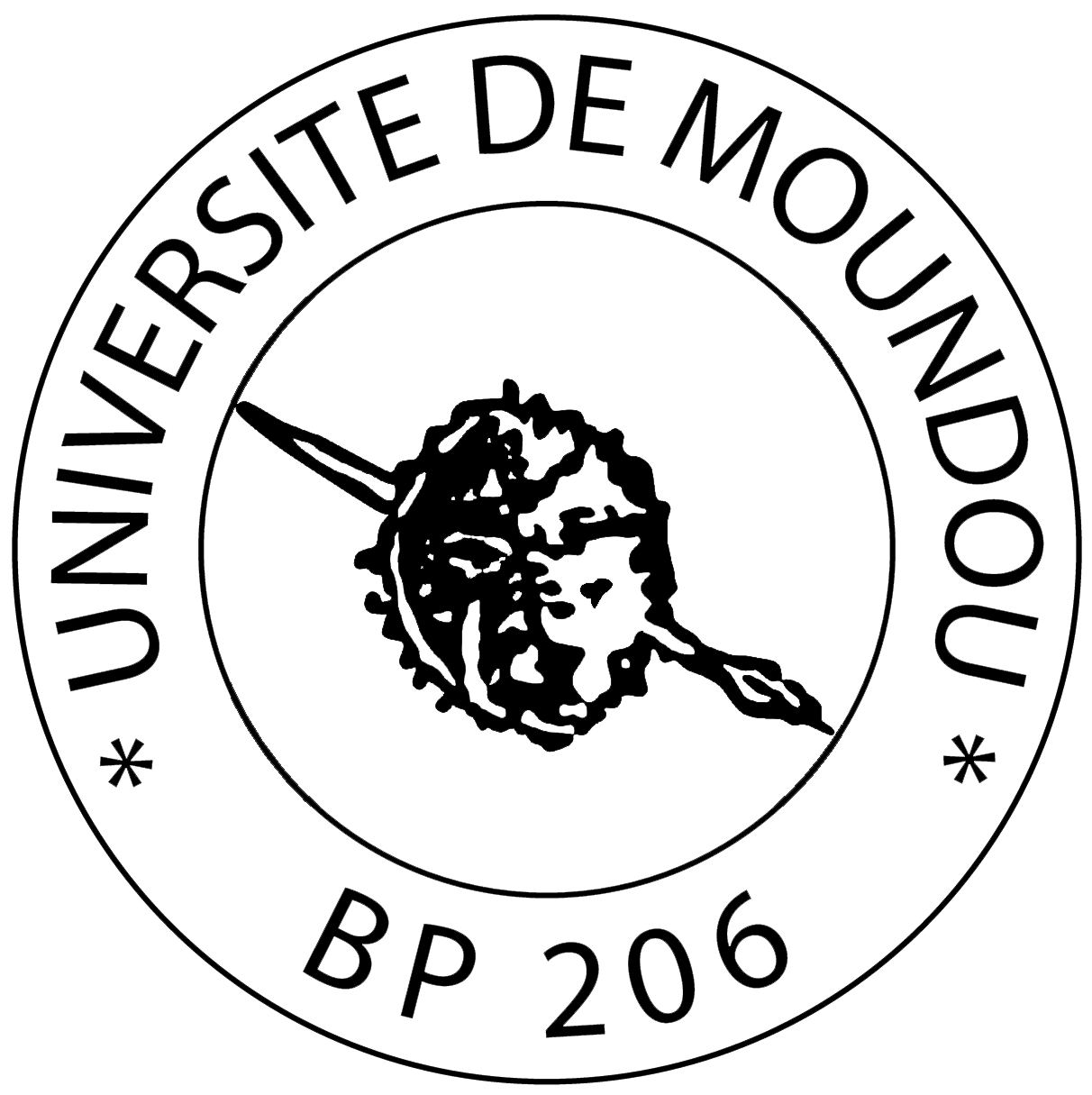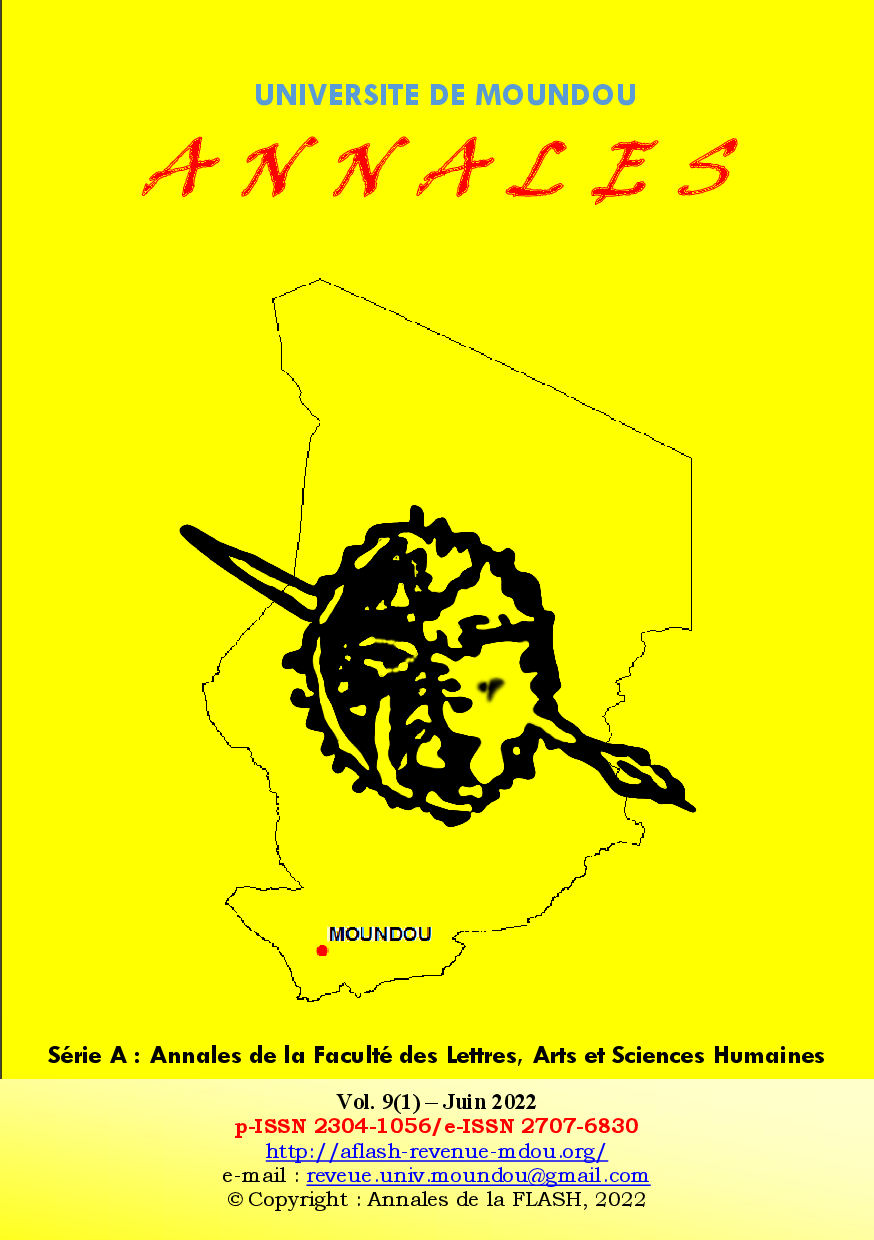NEWS:
- Vol(12)3, Décembre 2025, vient de paraître
- e-ISSN : 2707-6830
- p-ISSN: 2304-1056
- REVUE DE L’UNIVERSITE DE MOUNDOU



